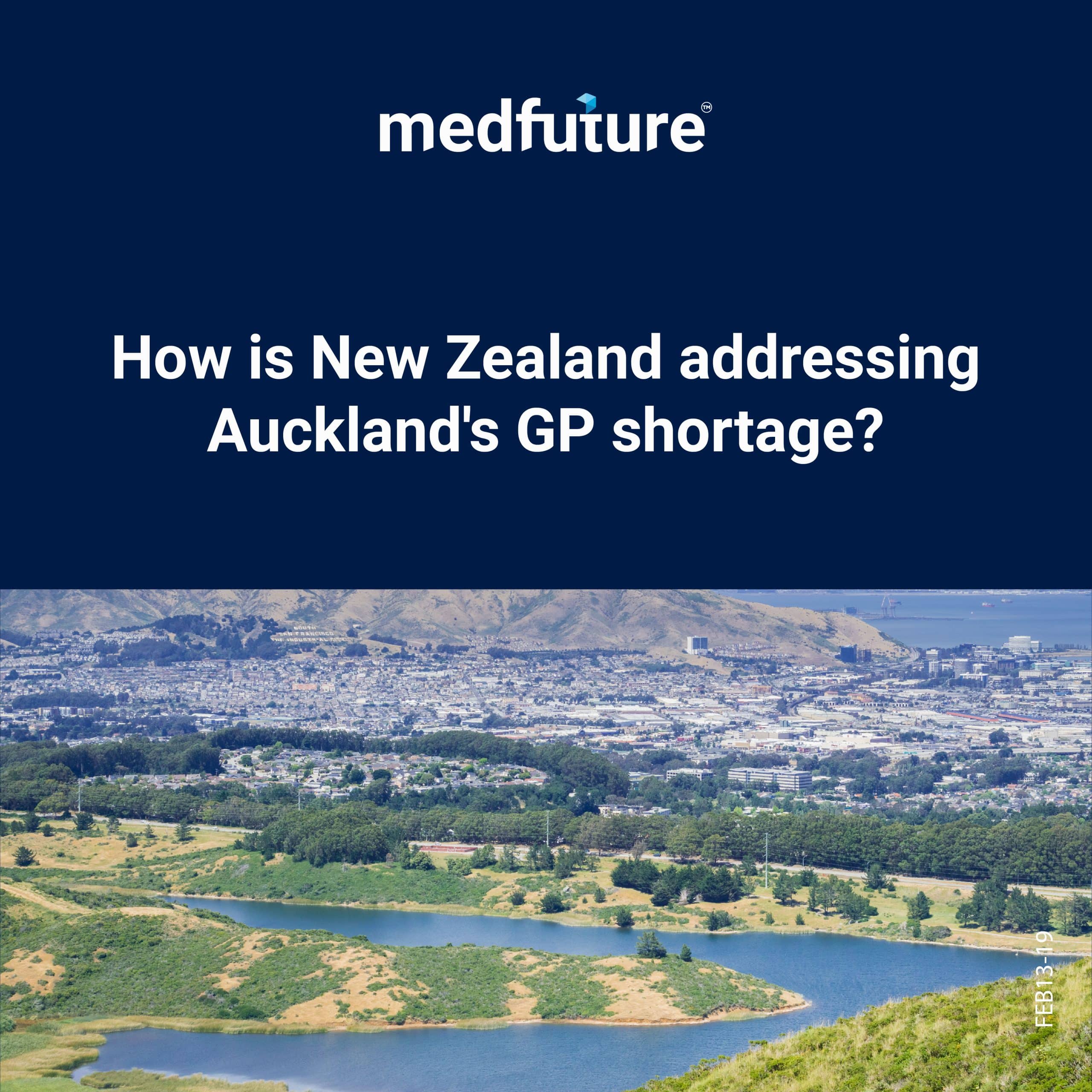Nestled in New Zealand’s healthcare system, emergency medicine takes centre stage as a vital component, responding swiftly to acute medical situations. In this picturesque country, emergency doctors emerge as unsung heroes, tackling the unexpected with heroism. Celebrated for its landscapes, New Zealand grapples with the challenge of immediate healthcare responses during crises.
Emergency medicine’s significance lies in providing immediate care when seconds matter. The emergency department, led by doctors equipped to think on their feet, becomes a beacon of hope. These frontline heroes navigate diverse medical emergencies, orchestrating a symphony of care. Their quick thinking and leadership make them the backbone of New Zealand’s healthcare, ensuring optimal care for individuals facing emergencies, even in remote regions.
Emergency doctors are beacons of hope, delivering essential care and stabilisation. As we celebrate New Zealand’s landscapes, let’s also acknowledge the unsung beauty of its emergency medicine. These doctors are guardians of well-being, embodying the caring spirit that defines the country’s healthcare, ready to respond when the unexpected strikes and saving lives with resilience and dedication. With this article by Medfuture, we will now look at what the future may hold for them.
What is the Salary Landscape as of now?
The compensation landscape for emergency doctors in New Zealand paints a diverse and nuanced picture, reflecting the multifaceted nature of their roles and the unique characteristics of different regions. Let’s delve into the current state of emergency doctor salaries, exploring the factors that sculpt these financial frameworks and the variations that add colour to the canvas.
The Core of Salaries: Experience, Qualifications, and Location
Experience, the seasoned companion of any medical professional, plays a pivotal role in determining the salary of emergency doctors in New Zealand. As doctors accumulate years of hands-on practice, their expertise deepens, and so does their value. Hospitals and healthcare institutions recognize this, often rewarding experienced emergency doctors with higher salaries. It’s a testament to the wealth of knowledge and the ability to navigate complex medical scenarios that comes with time in the field.
Qualifications, the badges of educational achievement, are another key influencer of emergency doctor salaries. Additional certifications, postgraduate degrees, and specialised training contribute to a doctor’s expertise. Hospitals often adjust compensation to reflect the enhanced skills and advanced knowledge that come with additional qualifications. It’s a recognition that the pursuit of continuous learning not only enriches the doctor but also elevates the quality of care provided to patients.
The scenic beauty of New Zealand is mirrored in the diversity of its landscapes, and this diversity extends to the compensation offered to emergency doctors. Salaries vary based on the geographic location of healthcare facilities. Urban areas, with their higher living costs, often provide higher salaries to match. In contrast, rural or remote regions, where access to healthcare may be more challenging, may offer financial incentives to attract and retain emergency doctors. This geographic dimension adds a unique layer to the salary landscape, creating a dynamic interplay between location and compensation.
Anticipated Changes in 2024
As we peer into the prospective landscape of 2024, the future of emergency doctor salaries in New Zealand reveals potential changes, offering a glimpse into what awaits these devoted healthcare professionals. Let’s embark on a journey of anticipation, exploring the factors that could shape salary adjustments and changes in the upcoming year.
The Economic Dance
Economic trends, much like the rhythmic sway of a dance, play a pivotal role in shaping salary adjustments for emergency doctors. In 2024, as the economic landscape follows its own beat, we may witness shifts that resonate in the healthcare sector. A robust economy often correlates with increased healthcare spending, potentially influencing salary adjustments for medical professionals.
Conversely, economic challenges or uncertainties may cast a shadow on salary projections. The ebb and flow of economic conditions create a delicate balance, with emergency doctors finding themselves on the frontline of this dance, their compensation intricately linked to the financial health of the nation.
Healthcare Policy Developments
The healthcare policy orchestra, led by policymakers, holds immense sway in shaping the destiny of emergency doctor salaries. Policy developments in 2024 could potentially introduce reforms, funding adjustments, or new initiatives impacting the compensation landscape.
A focus on fortifying emergency healthcare services might lead to increased budget allocations, translating into enhanced salaries for emergency doctors. Conversely, policy changes aiming to address broader healthcare challenges may prompt a reassessment of resource distribution, potentially influencing compensation structures.
The Pandemic Resonance: Echoes of Impact
The global pandemic, an unforeseen guest shaping the healthcare narrative, continues to cast its shadow into 2024. Lessons learned may prompt governments and healthcare institutions to reevaluate the importance of emergency services. This reassessment could potentially manifest in salary adjustments recognising the resilience, dedication, and extraordinary efforts demonstrated by emergency doctors during challenging times.
Market Dynamics: Supply and Demand
The market dynamics of healthcare professionals, guided by the delicate interplay of supply and demand, form another layer in the anticipated changes for emergency doctor salaries. An increase in demand for emergency services, driven by factors like population growth or public health considerations, may create a competitive environment for skilled emergency doctors. This competition could, in turn, drive upward adjustments in salaries as healthcare providers strive to attract and retain top talent.
Conversely, shifts in the supply of healthcare professionals or changes in the demographic landscape could influence the demand for emergency services. In such scenarios, salary adjustments may be influenced by the need to balance the scales and ensure an adequate workforce in emergency medicine.
Negotiating the Future: Collaboration
Navigating the anticipated changes in 2024 involves a delicate dance of negotiation for emergency doctors. Understanding the factors at play, including economic trends, healthcare policies, pandemic legacies, and market dynamics, empowers them to advocate for fair compensation. Negotiating the future is an art of collaboration, where healthcare professionals, policymakers, and institutions come together to ensure that the critical role of emergency doctors is not only recognised but also appropriately rewarded.
Factors Influencing Emergency Doctor Salaries
Navigating the maze of fair compensation is a nuanced journey for emergency doctors, blending experience, qualifications, and location. Salary negotiation becomes an art where doctors strategically leverage their unique attributes to secure a package reflecting their true worth. Balancing personal and professional aspirations is key, recognising expertise, understanding location demands, and advocating for salaries that mirror the commitment emergency doctors bring to their demanding roles
Let’s delve into the key elements that prominently influence the salaries of these crucial healthcare professionals, unravelling the nuances of specialisation, working hours, and the nature of the healthcare institution.
Specialisation: The Art of Expertise
Specialisation adds a unique brushstroke to the canvas of emergency doctor salaries. Like healthcare artists, emergency doctors can specialize in areas such as trauma, paediatrics, or critical care. Greater specialisation often translates to higher value, as institutions recognise and reward the additional skills and experience that specialists bring to emergency medicine. The demand for their expertise, especially in handling complex cases, contributes to enhanced compensation.
Working Hours: The Currency of Time
Working hours, a precious currency in healthcare, significantly impact emergency doctor salaries. The demanding and unpredictable nature of emergency medicine leads to irregular schedules, including evenings, weekends, and holidays. Compensation structures often acknowledge the dedication required for such challenging working hours. Additional compensation, such as overtime pay or shift differentials, may be provided to recognise the sacrifices made for patient care.
Type of Healthcare Institution: The Stage of Practice
The healthcare institution’s type sets the stage for salary considerations. Public hospitals, private clinics, and academic medical centres each have distinct influences on compensation. Public institutions may be influenced by government budgets, private institutions by market dynamics, and academic centres by the dual roles of patient care and education. Additionally, the location of the institution, urban or rural, affects salary levels to accommodate living costs.
Negotiating Salaries
Negotiating salaries involves delicately balancing these factors. Specialists may leverage their expertise to negotiate higher compensation, while those accommodating demanding schedules may seek favourable working conditions or additional pay. The type of healthcare institution becomes a negotiation point, with professionals weighing unique opportunities and challenges associated with different practice settings.
Negotiating Strategies for Emergency Doctors
Negotiating salaries for emergency doctors is akin to fine-tuning a symphony, requiring skill and strategy. Understanding your own value is crucial—reflect on expertise, experience, and any specialisation. Research industry standards and average salaries for your level of experience. Leverage specialisation as a negotiating tool, emphasizing how it contributes to handling complex cases. Consider negotiating a comprehensive package beyond the base salary, including health insurance, retirement contributions, bonuses, and opportunities for professional development. Prioritise work-life balance, negotiating reasonable hours and flexibility. Timing is key; negotiate during job offers or contract renewals. Seek professional guidance from HR professionals, career advisors, or mentors in the healthcare field to gain valuable insights and effective negotiation strategies. Remember, negotiation is a collaborative process aiming for a mutually beneficial outcome.
How can Medfuture help?
Medfuture as a trusted partner in healthcare staffing, stands ready to empower emergency doctors on their journey through the intricate terrain of negotiations. With a wealth of industry knowledge and a commitment to personalized service, Medfuture acts as a guiding beacon for emergency doctors seeking optimal compensation packages.





